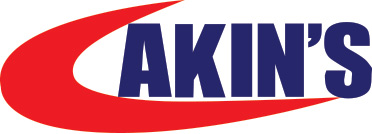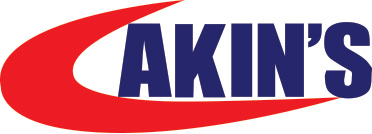
Sport Betting Industry Seeks To Protect Itself
Add a review FollowOverview
-
Founded Date May 14, 1905
-
Sectors General Labour
-
Posted Jobs 0
-
Viewed 128
Company Description
New Massachusetts Sports Betting Proposal Contains Massive Tax Boost and Restriction on Live Betting
Massachusetts sports betting could look entirely different if a brand-new bill proposed in the Senate succeeds. And if history is any sign, managed sports betting in other states could also change drastically.
SD 1657 existed by Sen. John Keenan. “An Act Addressing Economic, Health, and Social Harms Caused by Sports Betting” aims to increase the existing sports betting tax rate from 20% to 51%. In Addition, Sen. Keenan requires a complete ban on live sports betting (in-game wagering) and prop bets.
The main point to remember is that Massachusetts has actually been at the leading edge of more stringent sports betting policies. The 2nd thing to understand is that the language of this costs resembles the SAFE Bet Act, a federal piece of legislation introduced in 2024.
This expense was introduced not long after previous Massachusetts Governor and present NCAA president Charlie Baker testified in front of the Senate in a meeting on sports betting regulation.
So, while this is presently a Massachusetts expense, it’s likely to affect other states that offer regulated sports betting.
A closer look at SD 1657
Tax
Starting with the tax rate increase, bringing sports betting to 51% has actually been a target for Sen. Keenan before. Keenan proposed a tax increase at the last legislative session, but it was rejected. This boost would have been available in the state’s budget plan costs.
Just 3 markets have tax rates of 51%, the highest in the country: New York, Rhode Island, and New Hampshire. At 20%, Massachusetts presently ranks sixth highest.
Prohibiting live betting and prop betting
The measure prohibits in-play (live betting) or prop sports betting. Only straight wagers would be allowed, restricting sportsbooks to offering only moneyline, spread, and totals.
While Massachusetts and other markets have limitations on college wagering, this would affect even professional sporting occasions.
The bill also seeks to include perks and same-game parlays to the category of “unfair and deceptive practices.” Sportsbooks favour same-game parlays due to their high “hold” portion, the quantity of cash they deflect each $1 wagered.
Player Limits
SD 1657 likewise aims to create compulsory everyday and regular monthly limits for bettors. Bettors might not wager more than $1,000 a day and $10,000 a month without an ‘cost assessment’ which involves inspecting bank accounts. A gamer can not wager more than 15% of the amount in their account.
Massachusetts would end up being the first market to need a price assessment on bettors.
Marketing restrictions
Keenan likewise wishes to remove marketing throughout telecasted sporting events. The step would forbid sportsbooks from running ads during video games. The Massachusetts Gaming Commission has actually checked out developing a ban on in-game advertisements before. However, this did not go through as nationwide television deals make this difficult to impose.
Will the step pass?
The step is harsh in its changes to the sports betting industry in Massachusetts. Banning prop betting and increasing the sports betting tax rate will likely cause pushback from local sportsbooks and industry supporters.
Because of this, the measure will likely be battled in the Senate and your house of Representatives. In the previous session, Keenan failed to raise the tax rate.
He would have to persuade the other senators who did not support his effort before to alter their minds. If and when the Senate discusses this step, it is impossible to inform how it will be gotten.



